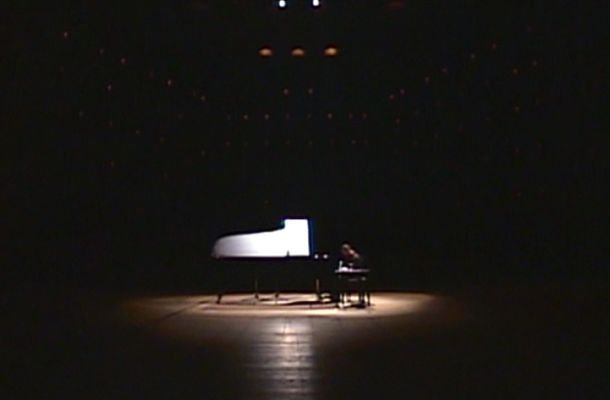« Holiday Pleasantness and Team Leaders
8 Crazy Seeds »
Are You Ready for Your Solo?

Every team in the NBA as the “polarizing move du jour,” and for the Pelicans, Solomon Hill has given Omer Asik some breathing room. It’s not that either player is an issue in themselves, but the combination of their play, team style, the contract, and the various imaginings of the person judging (with some imaginings being far less realistic than others) combine to produce negative talk. Such is life, and that’s one reason they get paid . . . discussion reflects interest, and that is the basis for marketing, which leads to the basketball-related income. Collectively bargained circle of life.
Solomon Hill was brought in to be a tough, smart, versatile, blue collar kind of player. Defense was the key, but also lots of little stuff. We heard talk of his 3-point shooting, and how Dell believed he was an important cog to get this machine going. Some of that is real, some is just talk and should not be taken seriously. Some was wrong, at least to this point.
The least effective criticism of Hill is that he does not contribute many points to the box score. This was never part of the sell. Salary or invented expectations do not justify the expectation, and neither does an inability to tell lip service from obvious scouting.
Tied to this is his consistent 3-point shooting. The prevailing idea is that of his nearly 3500 minutes playing with the Indiana Pacers, his nearly 200 minutes in the 2016 Playoffs that produced 11 made 3-point shots of 19 attempts somehow made his contract value skyrocket compared to his 24 of 74 for that season or 99 of 305 during his time there. Aside from the playoffs, his rate is right about 1/3. This is the rate he’s making 3-point shots for New Orleans, and he’s attempting 3-point shots at about the same rate per 36 minutes as he was in Indiana: about 3.1. Nothing is surprising here.
A valid criticism of his general lack of production. He’s playing around the minutes per game he did in his best year in Indiana, 29 then compared to 28 now. In that time, however, he is attempting only about 2/3 of the shots, with the reduction coming from 2 point range, getting to the line at a correspondingly reduced rate, and producing half the rebounds. He’s holding his own in other areas of the game.
Some of this may be tied to the team’s very unspoken strategy of featuring Davis, but he was never the featured guy. As such, it doesn’t matter how the attempts get spread among the players ahead of him in the offensive pecking order, just that the ones ahead of him get about the same aggregate amount.
Some of this is definitely tied to where is actually at on the court. His shot attempt reduction is essentially all from 2-point range. Coupling this with his offensive rebound rate reduction and steady production on defense, taking into account that the team is worse overall on defense than the Pacers were . . . 4-5 points per 100 possessions difference for Hill and the teams in question . . . it points, at least in part, to him simply spending more time farther away from the basket, especially on offense. This is a question of style, personnel, or both.
I’ve discussed with Andrew and Kumar the idea that Hill playing a small ball 4 and a general “garbage man” role would suit him well. This would be like a reduced version of what Davis was under Monty . . . not comparing Davis and Hill, just the “slot” in the scheme. Very rarely should he be the first option, but he’d be a good check down guy if the defense was not honest, and he’d gather rebounds or block out for others while some guards got back . . . a conscious choice made by the team since last season that trades away offensive rebounds for more set defense. This could very well be in the works once Evans is more reliably available or once Pondexter returns. He’s got the skills to be better, but he seems not to be in the position to use them. Time will tell. It’s not the team’s job to maximize Hill’s stats, but one would think this can’t be what they had in mind when they chose him over others. So, it’s reasonable to keep a watchful eye out along with the deserved critical eye.
I also think that Hill may have some mental hangups to work through. He’s a highly intelligent person and highly intelligent basketball player, so the “smart” part of the scouting report can be trusted. However, he may be not quite adjusted to the spotlight of being a starter. He still gets starter minutes, but he’s gone through stretches of not starting. Confidence of the type that allows one to perform publicly with the responsibility of being a starter or a highly paid guy, things many players take to heart, is necessary, and lack of that skill means that performance in other settings . . . such as practice or off the bench . . . does not translate into performance that matters in games. Confidence, if an issue, may never come, especially on its own. It’s something to keep an eye on.
All stats per basketball-reference.com





One Comment